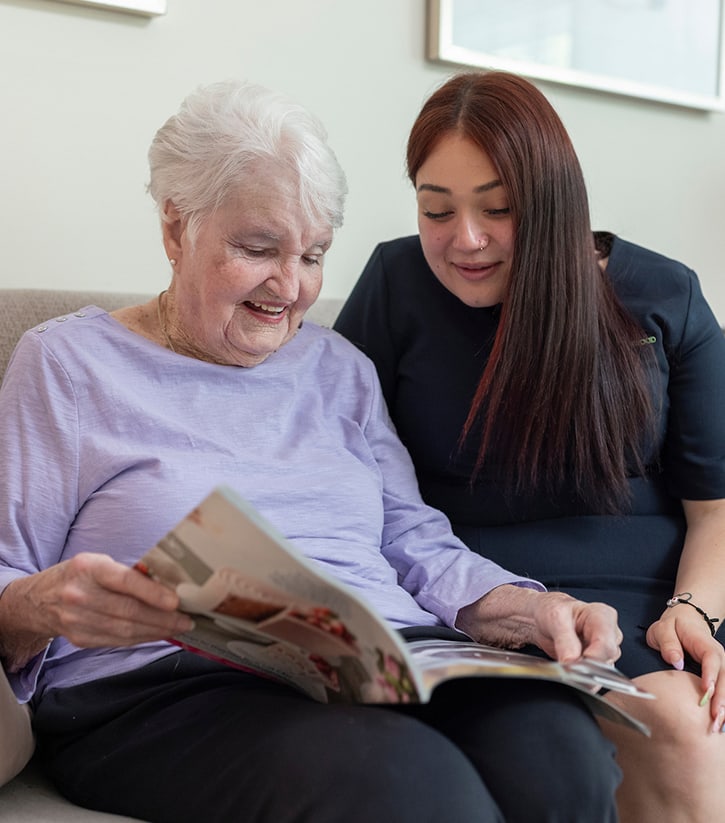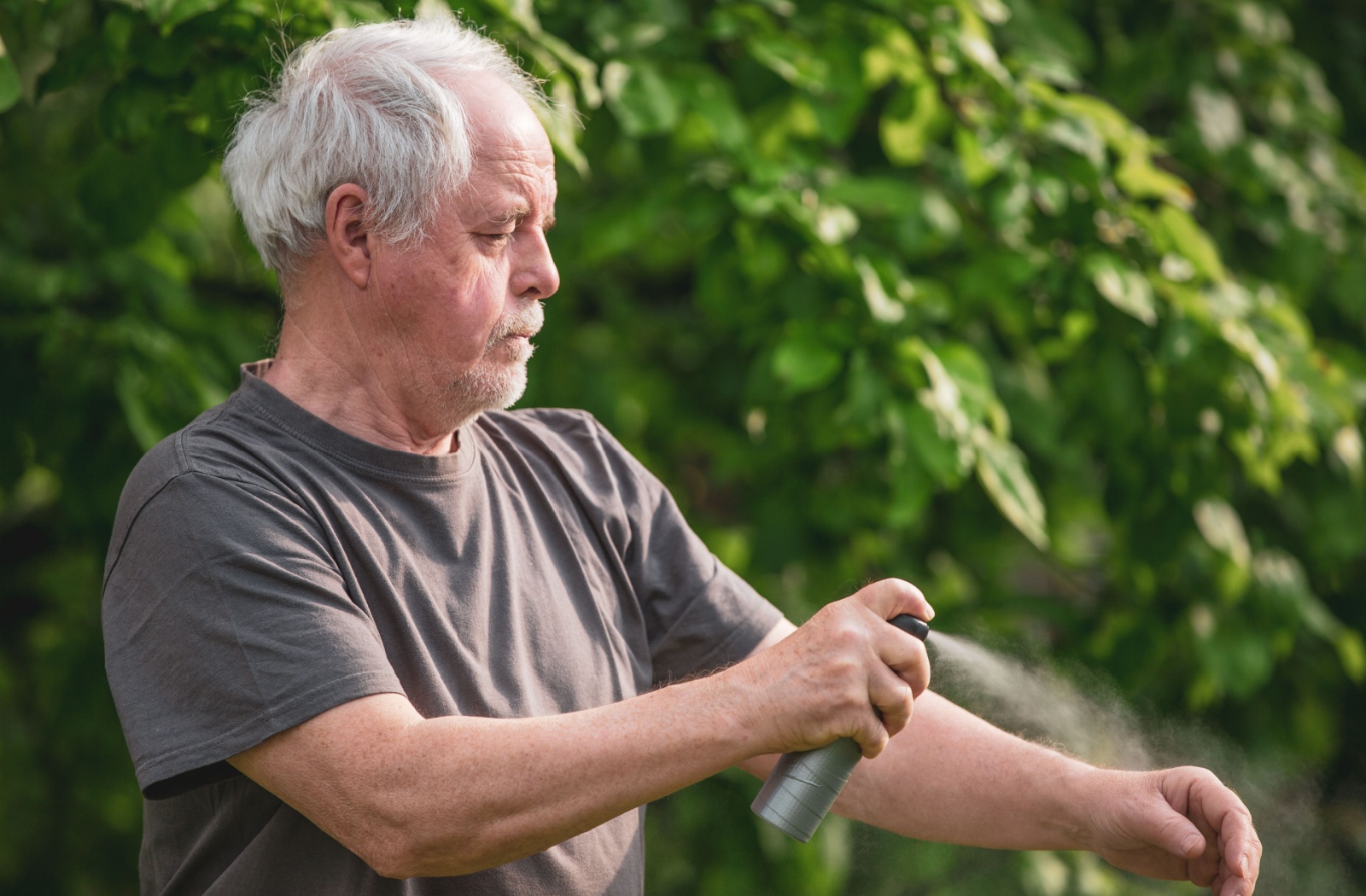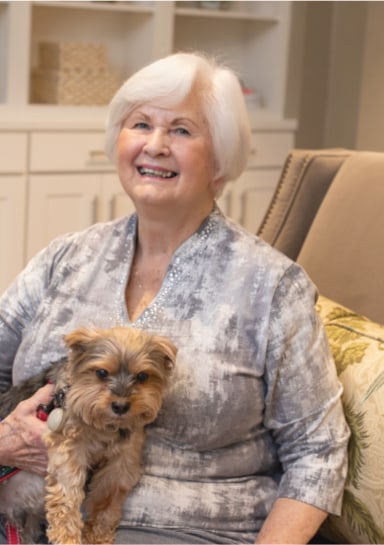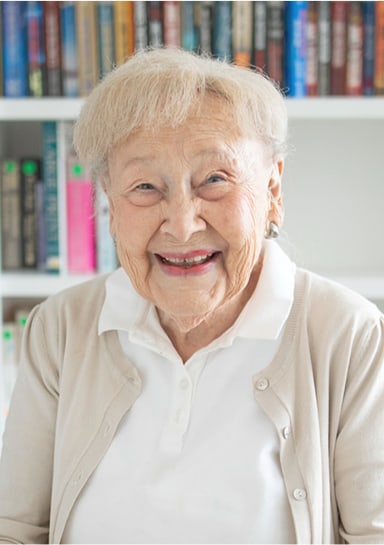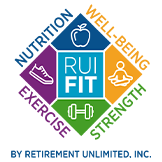Summer brings longer days, warmer weather, and plenty of chances to enjoy the outdoors. However, for seniors, the season can also bring specific health challenges that call for extra care. Staying hydrated, avoiding prolonged sun exposure, and dressing in lightweight, protective clothing are key strategies for staying safe in the summer heat.
At The Hidenwood, part of Retirement Unlimited, Incorporated (RUI), we’re dedicated to helping our residents thoroughly enjoy the season while staying safe.
Common Health Concerns During Summer
Heat-related illnesses top the list of summer health concerns for older adults. As we age, our bodies become less efficient at regulating temperature, making seniors more vulnerable to heat exhaustion and heat stroke. Additionally, many medications can affect the body’s ability to stay cool or increase sun sensitivity.
Dehydration poses another significant risk. Seniors often have a decreased sense of thirst and may not realize they need fluids until dehydration has already set in. Combined with certain medications that can increase fluid loss, this creates a perfect storm for serious health complications.
Increased fall risks also emerge during the summer months. Wet pool areas, uneven outdoor surfaces, and changes in routine can all contribute to accidents. The good news? Most of these risks are entirely preventable with the proper knowledge and preparation.
Tips for Staying Cool & Hydrated
Staying cool and hydrated during the summer months is essential for maintaining your health and avoiding heat-related issues. With a few simple strategies, you can enjoy the season while keeping your body safe and comfortable.
Keeping Cool Indoors & Outdoors
Indoor cooling strategies should be your first line of defense. Keep your living space comfortable by closing blinds during the hottest parts of the day, using fans to circulate air, and setting your air conditioning to a consistent, comfortable temperature. If you don’t have air conditioning, consider spending time in air-conditioned public spaces like libraries, shopping centers, or community centers during peak heat hours.
When venturing outdoors, timing is everything. Plan activities for early morning or evening hours when temperatures are cooler. Wear lightweight, light-colored, loose-fitting clothing, and don’t forget a wide-brimmed hat and sunglasses for additional protection.
The Importance of Hydration
Proper hydration becomes even more critical during the summer months. Seniors should aim for at least eight glasses of water daily, though individual needs may vary based on activity level, medications, and overall health. Remember that thirst isn’t always a reliable indicator of hydration needs in older adults.
Tips for Ensuring Seniors Drink Enough Water
Make hydration more appealing by keeping water bottles visible as constant reminders to drink. Add natural flavors with cucumber, lemon, or mint to make water more enjoyable. Set regular alarms as drinking reminders, and consider foods with high water content, like watermelon, cucumber, and soup, as additional hydration sources.
Enjoying Outdoor Activities Safely
Spending time outdoors can be a refreshing and enjoyable experience for seniors, offering numerous physical and mental health benefits. However, it’s essential to take certain precautions to ensure these activities are both safe and comfortable.
Preventing Falls & Injuries
Safe outdoor enjoyment starts with proper preparation. Wear supportive, non-slip shoes with good traction. Be extra cautious around wet surfaces near pools, sprinklers, or after rain. Use handrails when available, and consider bringing a walking stick or cane for additional stability on uneven terrain.
When participating in outdoor activities, start slowly and gradually increase intensity. Take frequent breaks in shaded areas, and never hesitate to head indoors if you start feeling overheated or fatigued. Consider scheduling events early in the day to avoid the hottest hours.
Recognizing Signs of Heat-Related Illnesses
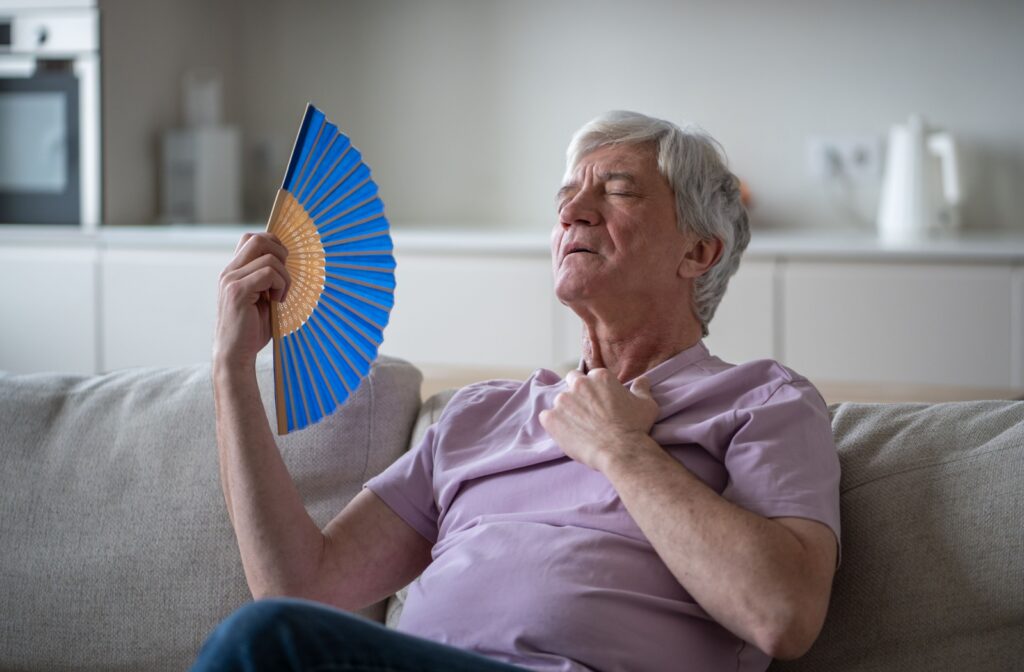
Early warning signs of heat exhaustion include heavy sweating, weakness, nausea, headache, and dizziness. Heat stroke symptoms are more severe and include high body temperature, altered mental state, hot and dry skin, and rapid pulse. Heat stroke is a medical emergency requiring immediate attention.
Other concerning symptoms include muscle cramps, excessive fatigue, or confusion. Trust your instincts – if something doesn’t feel right, seek help immediately.
How to Support Seniors
Family members and caregivers play a crucial role in summer safety. Check on older loved ones regularly, especially during heat waves. Help them prepare their homes for hot weather and make sure they have cooling methods ready.
Stay connected through regular phone calls or visits. Offer to help with grocery shopping during cooler hours, and consider accompanying them on outdoor activities for additional safety and social connection.
Preparing for Emergencies
Emergency preparedness should include having a list of emergency contacts easily accessible, keeping medications in a cool, dry place, and knowing the location of the nearest air-conditioned public spaces. Consider investing in a medical alert system for added peace of mind during solo activities.
Embrace Summer Safely
Summer should be a time of joy, connection, and outdoor enjoyment. By taking these proactive safety measures, seniors can confidently embrace all the season has to offer while protecting their health and well-being.The Hidenwood knows that preparation is key to a safe summer. Stay hydrated, stay cool, and don’t hesitate to ask for help when needed. Your safety and comfort matter, and with the right approach, this summer can be both enjoyable and worry-free. Contact us today to learn how we make summer heat more bearable for our residents.
